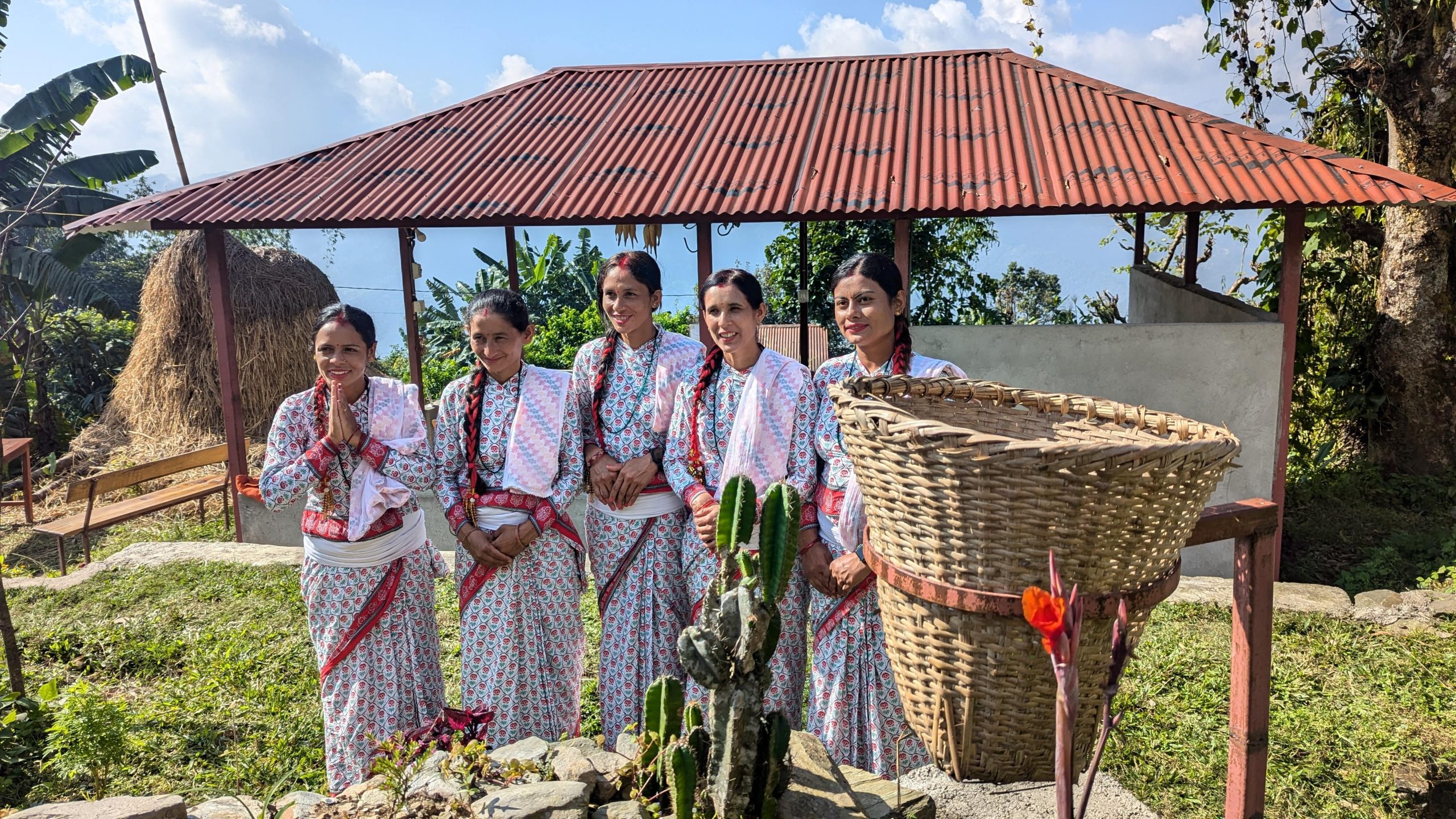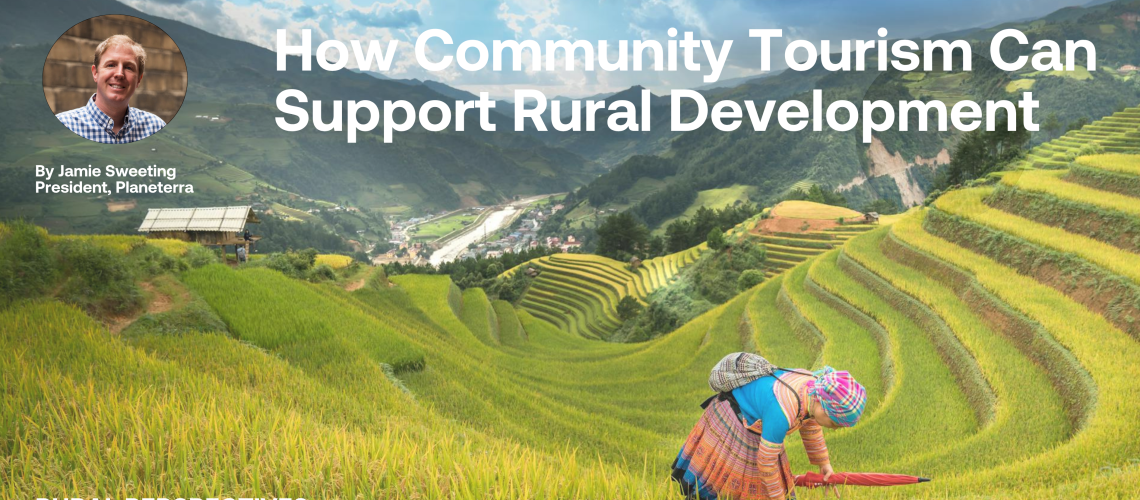Tourism is a multi-trillion-dollar industry, but many communities—especially those in rural areas—are often left out of its benefits. At Planeterra, we’re working to change that. As the leading non-profit organization using tourism to uplift communities, we’ve seen firsthand how community tourism can be a powerful driver of sustainable rural development.
When done right, community tourism brings steady income to families through local enterprises like guided tours, homestays, meal experiences, or craft cooperatives. It also encourages communities to celebrate and share their culture, heritage, languages, and traditions with visitors in meaningful and respectful ways, and creates opportunities that help prevent youth from leaving their villages in search of work elsewhere.
Community tourism enterprises are also often deeply connected to their landscapes, resulting in more environmentally conscious practices such as biodiversity protection, waste reduction, and climate adaptation efforts.
To help more communities access these benefits, Planeterra partners with community-led organizations from around the globe that are creating positive change. We provide them with the resources they need to integrate their experiences into the product offerings of our travel company partners. This connection ensures a sustainable flow of visitors and income—helping their impact grow.
A great example of this in action is our partnership with Sharing Seeds, a not-for-profit social enterprise based in the village of Sarangkot-Pandeli in Nepal working to benefit local farmers, women and youth.

Women of the community in the Sharing Seeds initiative
Despite being close to Pokhara, one of the country’s most popular tourist destinations, Sharing Seeds wasn’t benefiting much from tourism. To change that, we supported them with a grant to help the community prepare to welcome travellers. They used the funds to upgrade their infrastructure and, with the support of our strategic partner Community Homestay Network, received hospitality training and developed a meal experience hosted by local women.
In 2024, their new experience was integrated into selected itineraries offered by our travel company partner G Adventures. This market connection is crucial—it ensures that initiatives like Sharing Seeds welcome a steady stream of travellers, creating sustainable income for the community.
According to Sharing Seeds’ Founder and Managing Director, Aabiskar Thapa, the partnership has made a big difference: “Local women are getting employment in our village, older generations are happy about the start of tourism, and coffee sales are growing. Our women are now very confident to host the breakfast experience. We are very happy to welcome responsible travellers to our village. It is a life-changing help from Planeterra that they have connected us with G Adventures, and now we are hosting their travellers every week.”
Stories like Sharing Seeds show how powerful community tourism can be in supporting rural development—and that when different stakeholders in the tourism industry join forces, it can lead to lasting, positive impact for everyone involved.
About the Author:
Jamie has spent the last 25 years working in tourism, conservation, development, and business management. He is passionate about Planeterra because in his decades of traversing the globe, he has yet to encounter another organization as effective at using tourism to improve the lives of some of the most under-resourced people on this planet — especially marginalized women, disadvantaged youth, and rural communities (with a priority focus on Indigenous communities).
Prior to his role at Planeterra, Jamie was Global Chief Environmental Officer at Royal Caribbean Cruises Ltd. and led the travel industry program at the Center for Environmental Leadership in Business at Conservation International. He was formerly Chairman at Sustainable Travel International and has served on the boards of The International Ecotourism Society, the Global Sustainable Tourism Council and the Caribbean Alliance for Sustainable Travel.
(Disclaimer: The views expressed in this article are solely those of the contributor and do not necessarily reflect the opinions or views of UN Tourism or any affiliated organizations.)


